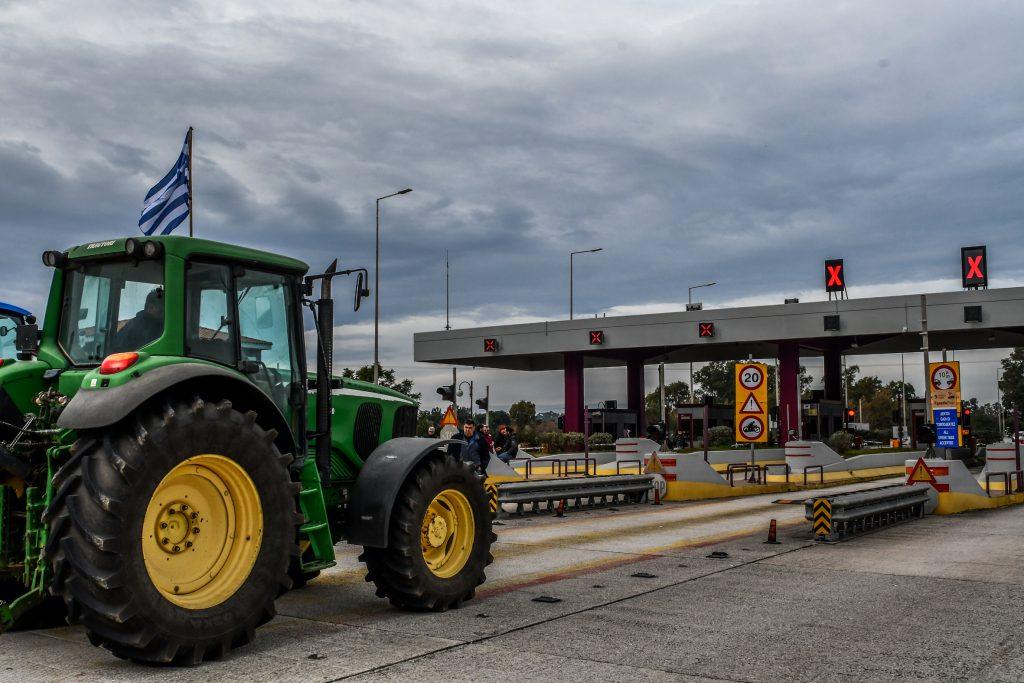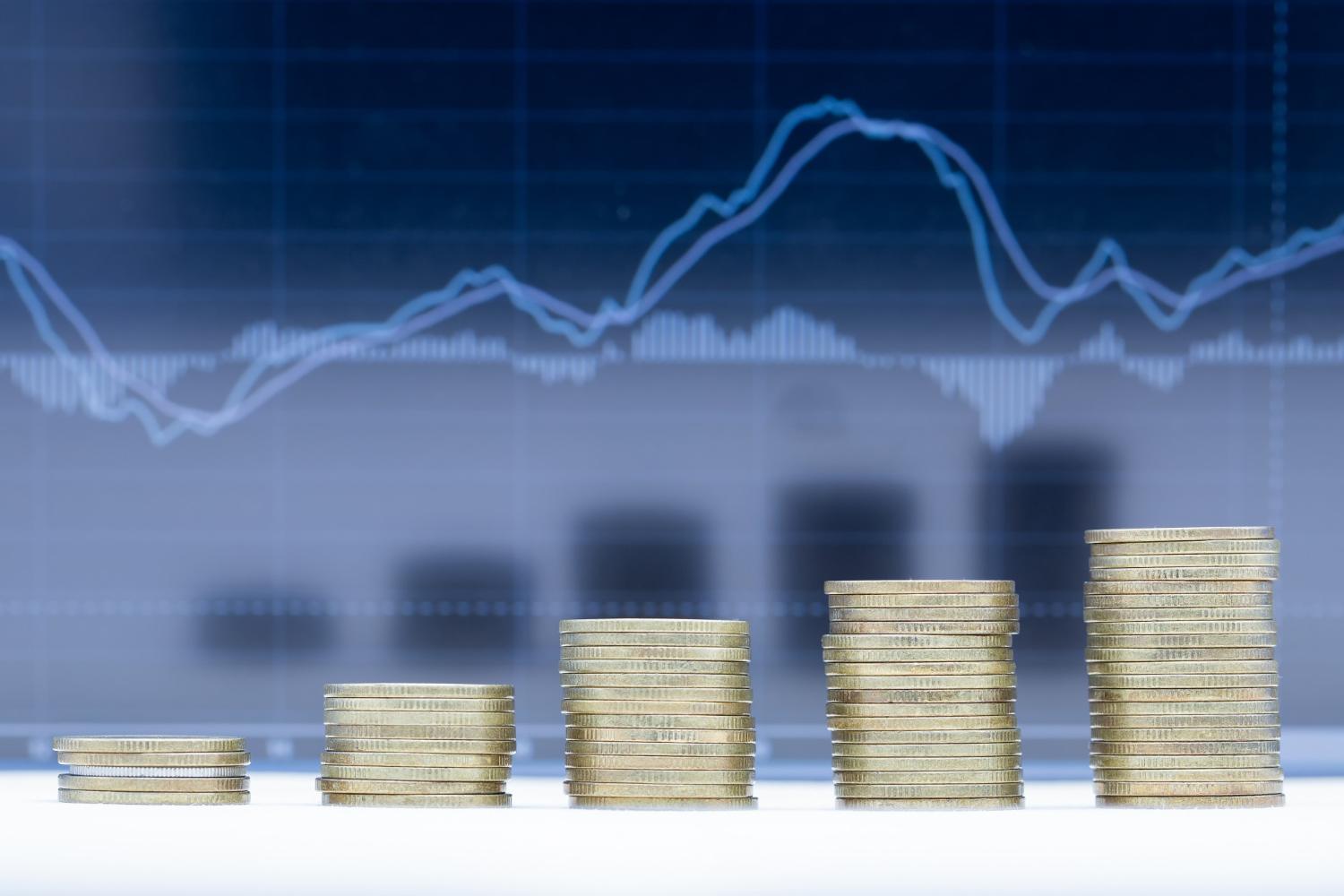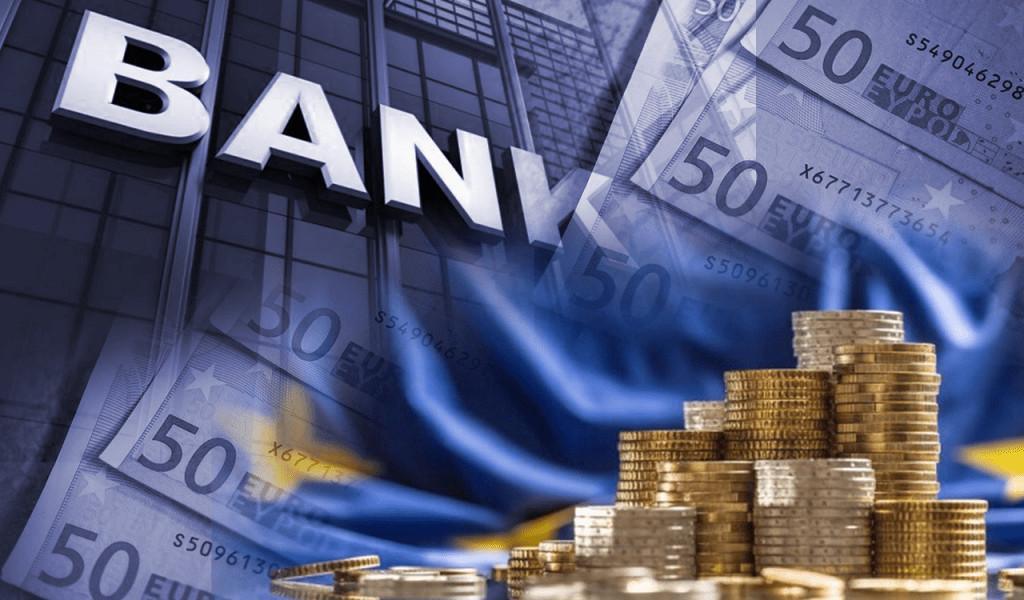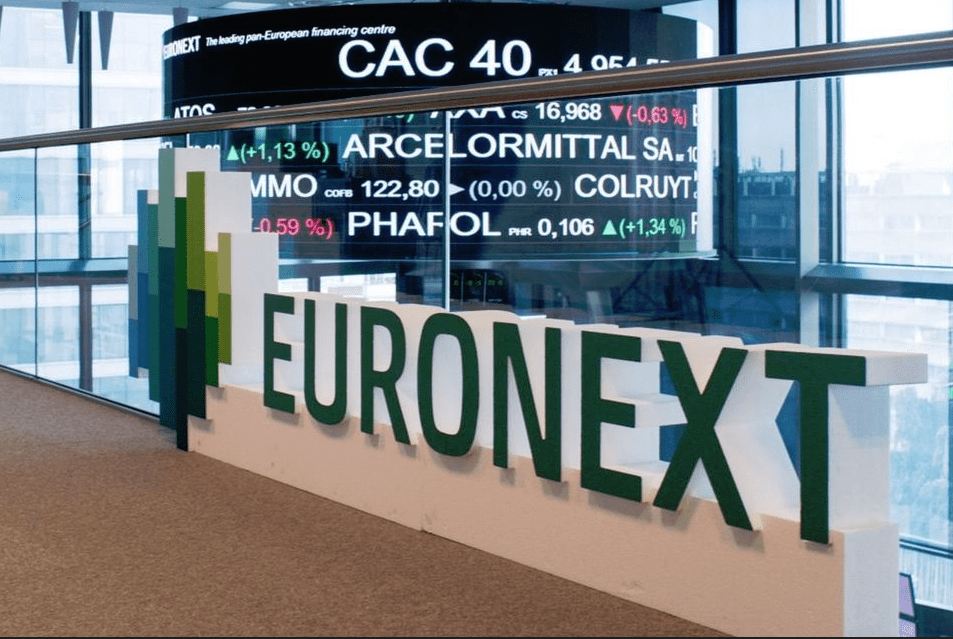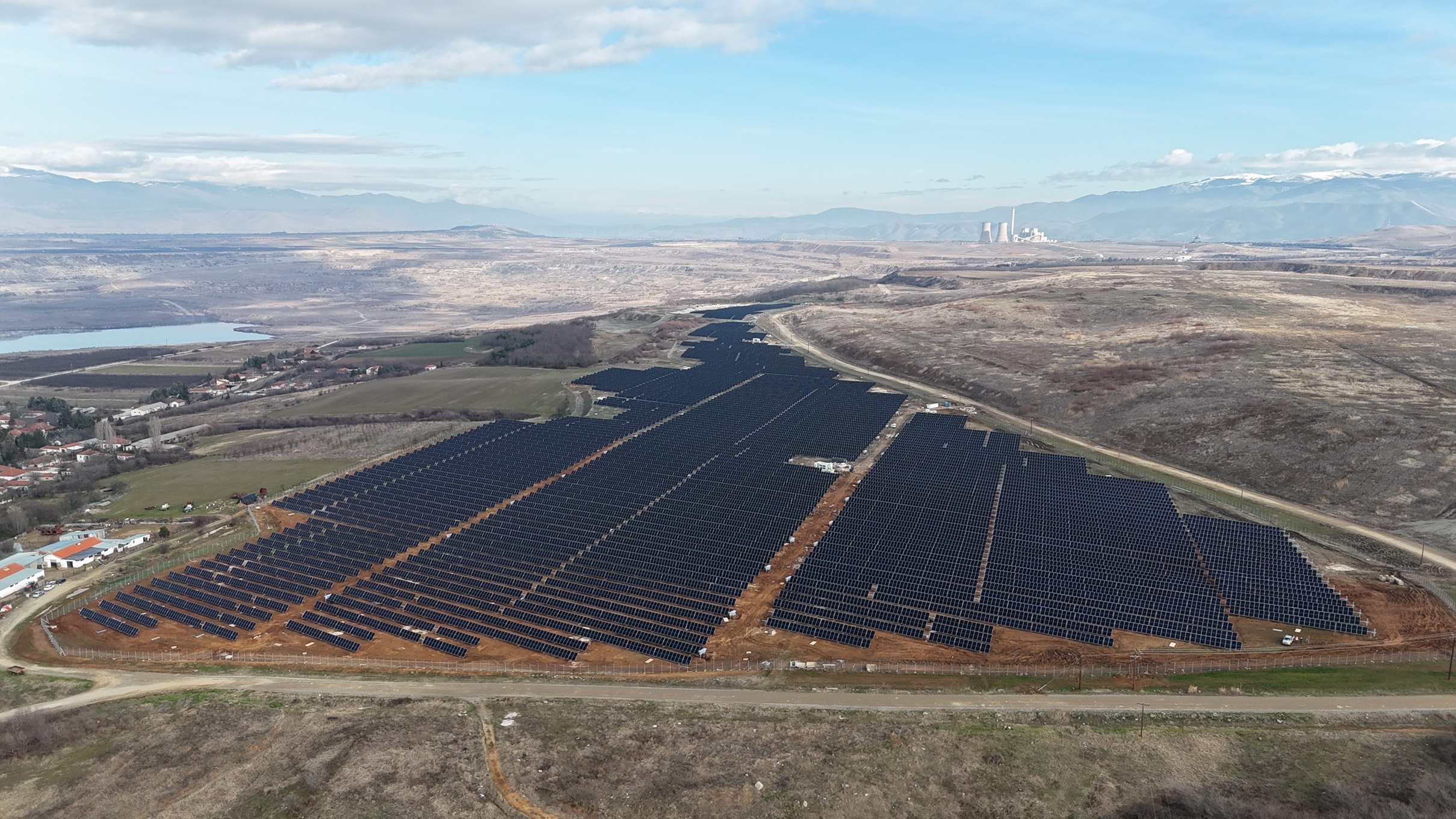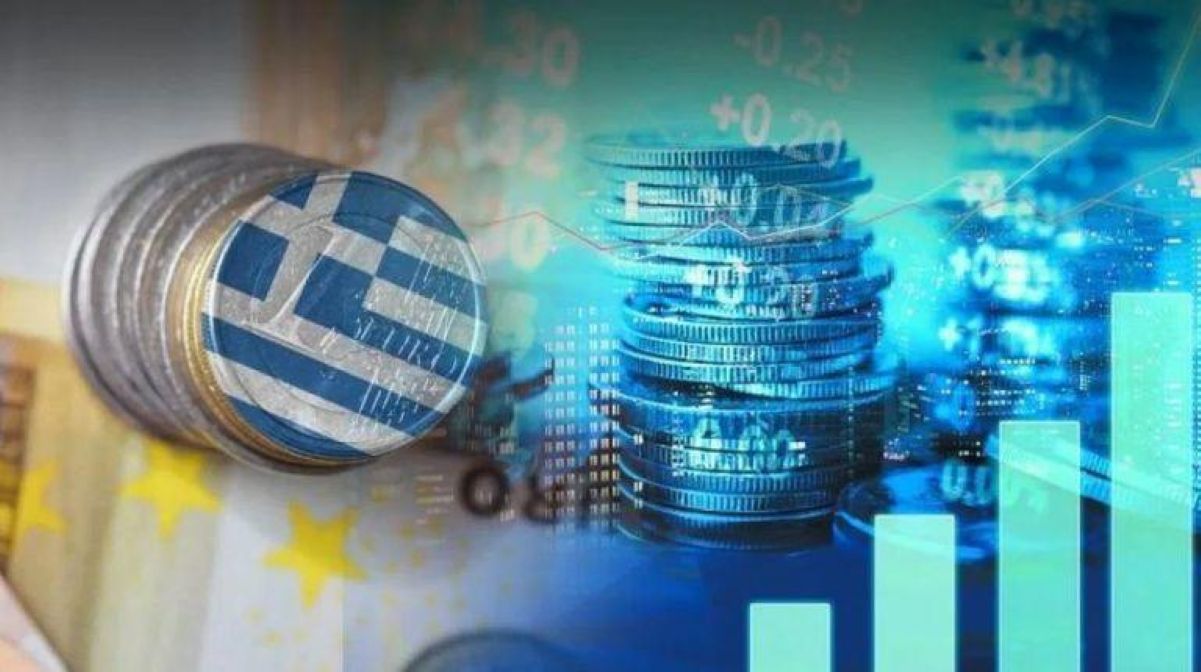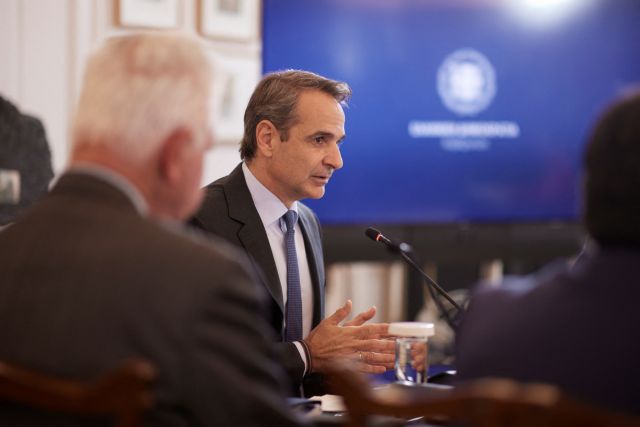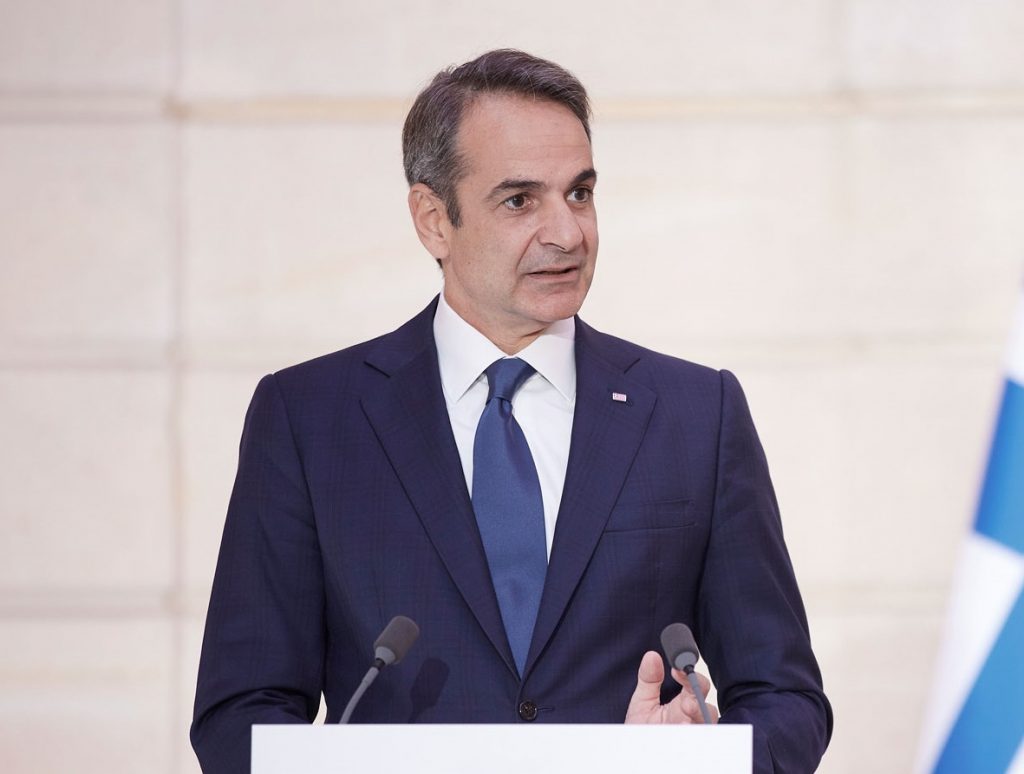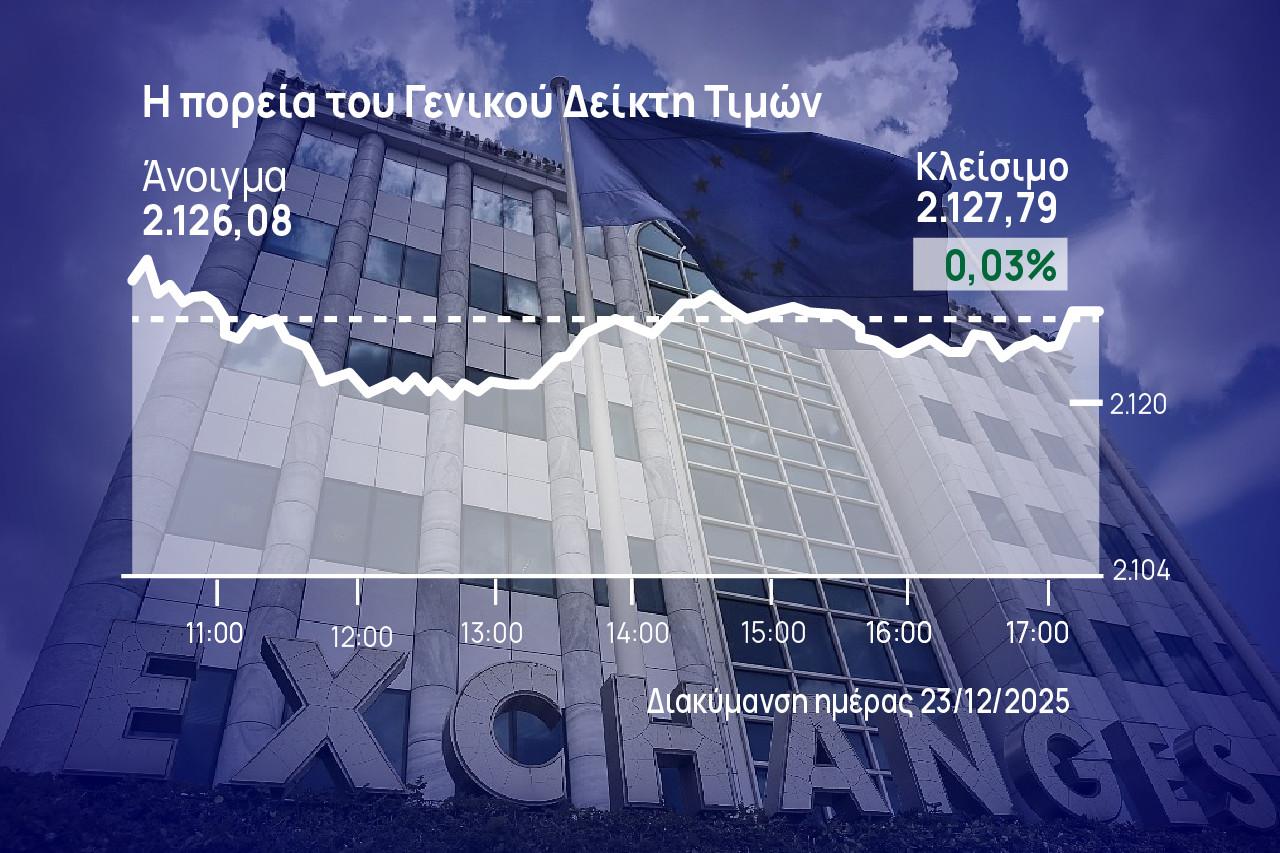State Minister Akis Skertsos expressed the belief that inflation will deescalate in 2023 as it has already shown the first signs during the last months of 2022, during his interview on the Mega TV station.
“It has been on the decline in Greece since the middle of last year. The downward trend will continue in 2023, the energy crisis and the pressures that existed on the energy markets are normalized to a certain extent. The inflationary crisis is due to the war in Ukraine and the crisis in the energy market, these are going into recession, (but) that does not mean that we will not have a period where prices will continue to be high. They will remain at these levels for some time,” he stressed.
Τhe Minister of State’s interview began from the timing of the elections. “We are now in an election year, we have closed a successful, I think, cycle of a government term, which has succeeded and has given important results to our country, in terms of incomes, investments, the economy”. Results that have made us stand out “from the rest of Europe, in very difficult conditions, in conditions of global, historically unprecedented crises. People see that, I think.”
After all, he continued, it is “the prime minister’s exclusive prerogative when the elections will be held and we must respect that […] The elections will be held at the right time, the prime minister has weighed everything, he will make the announcements at the right time” . As the interview ended with the topic that started, the Minister of State stated: “I swear to you that I do not know the date of the elections.”
Inflation: Crucial not to let inflation take root in 2023
Regarding measures to support citizens, “the minimum wage has already been increased twice, it will be increased a third time this year due to the good course of the economy. We will have announcements within the first two months of 2023”, was his introductory comment on the matter. The increase of the minimum wage, as he explained, is “a complex exercise, it takes into account the growth of the economy, the pressure of inflation, and of course the endurance of businesses. Let’s not forget that in Greece we have many very small, small and medium-sized enterprises, therefore an excessive increase in the minimum wage can lead to opposite results, i.e. an increase in unemployment”.
Following the clarifications of the Prime Minister who disconnected the decision to apply the new salary a month earlier from the elections, and the Minister of State noted that “we are bringing the minimum wage forward a little because the tourist season starts in April”. He recalled that “last year it had come earlier, in May. It has nothing to do with the elections.” While he asked to “not put everything in a logic of electoral expediency. People are under a lot of pressure, income needs to be boosted, and whatever we can do to support incomes, we will.”
To be precise, in particular, he observed that it is an “international phenomenon, Greece is currently in a better situation than the rest of the European countries, inflation is decreasing faster in Greece – and the measures we have taken have contributed a lot to this. Measures to both increase income and stimulate competition. The “household basket“, which is supported by the Ministry of Development, has brought significant results, it has led, in almost two months of operation, to relief of 65-70 euros per month. In addition, we will give the coupon for the supermarket. We are doing the best we can within the budget we have.”
In parentheses, he added, “by 2023 we have a big national goal, we have closed 12 successful evaluations, we have come out of the regime of enhanced supervision and Greece must regain the investment grade”. Once this is done, he added, Greece will be able to “attract even more investment, thus more jobs and higher incomes.”
Furthermore, “as long as the economy is doing well, the government will give and support. It makes no sense to have growth, in 2022, of close to 6% and not return it to society. We make conservative estimates for the course of the economy, which is going better than what we and the European institutions expect.”
On the subject of the basket again, “from February, together with the purchase card that 8.5 million Greeks will get, there is a support of 120 euros on a monthly basis, this is very important. In the monthly “household basket” a family of four has 120 euros of support combined with the measures of the “household basket” and the “shopping card”.
At the same time, Akis Skertsos also mentioned other measures in favor of the consumer, such as that “each of us can enter the household basket platform and make comparisons in the basic basket, which contains 800 products, 800 codes. And to see in any chain what the price of a product is, which leads to more informed and more responsible purchases. It leads, most importantly, to an intensity of competition. The basket and price transparency is the best leverage. We see, finally, a price reduction higher than that of other, more normal periods”, he concluded.
Citing, later in the interview, the list of income support measures effective from January 1, he noted that 2.5 million pensioners will see some increase in their pensions – “the vast majority will see an 8% increase” – many will also have a boost from the permanent abolition of the solidarity levy. At the same time, he recalled, that “before the holidays, 1.5 million pensioners had received 250 euros in aid. There is constant worry and anxiety.”
In addition to pensioners, in special categories of workers, “we gave an emergency aid of 600 euros to all enlisted men, also two extraordinary aids to the health staff and permanent increases to the medical staff but also to specialties and nurses working in ICUs. Funds are not inexhaustible, we are trying to be targeted and to give support exactly where there is a need”.
30% increase in spending on Health
In light of the fact that “the National Health System must also be supported”, he also pointed out that “in the 2023 budget we have a 30% increase in spending on the health system compared to 2019, approximately 1.5 billion more. Correspondingly, in public education, we have a 13.5% increase in spending and overall in the social budget we have a 7.5% – 8% increase in spending.”
Asked to comment on the opposition’s criticism of electricity providers, he replied that “they are out of tune, they probably haven’t been informed that Greece is the only country that has imposed a 90% emergency levy on energy producers in 2022, these have been confirmed as an emergency levy. We are also one of the first countries to have imposed the extraordinary levy on refineries that will fund the February purchase card. The Greek energy market is imperfect, it is a relatively immature market and it is not so connected to the rest of the European energy markets. Central Europe has lower wholesale prices because they have interconnections and can buy cheaper energy compared to us who have an interconnection with Italy and a… lame interconnection with Bulgaria”. After all, “final consumer prices are currently at the European average and even lower, the Greek energy consumer pays a lower retail energy price for both electricity and natural gas and heating oil.”
A reduction in VAT implies new taxes
In the request for a reduction in VAT on fuel and food, he noted that the measures announced by the Spanish government, “would cost Greece 3.5 billion, so whoever supports a permanent horizontal reduction in VAT, tell us which taxes they will increase, amounting to 3.5 billion euros, to be able to cover this permanent hole”. After all, “it is not at all certain that this permanent reduction will be passed on to the final consumer. Moreover, those who consume the most, thus the haves, benefit most from a horizontal reduction. We are interested in the support we give, to be targeted at those who really need it and not to subsidize the purchases of the rich”. And in “therefore”, “it responds to emergency situations with emergency, and not permanent, measures”.
Parties and corruption
In the issue with MEP Eva Kaili, he acknowledged that “this case has done a lot of damage to both Greece and the European Union, to the trust we should have in the European institutions and the political system as a whole”. According to A. Skertsos, this is ‘a great stain. We must all do our self-criticism and intensify the mechanisms of self-purification and control within the parties as well. Especially the big parties are a mirror of society, there cannot be an absolutely clean party, in which you will not see corruption phenomena. The point is to have a clear position against such phenomena and an absolute decision that such behaviors do not fit and are not allowed.”
Spiegel and immigration
On another issue, about the reports about thefictitious death of the bogus “little Maria” and her family in Evros, he said: “Spiegel did us wrong, it is to its credit that it retracted, there was an attempt to defame our country and a very frivolous instrumentalization of the refugee issue, which in the hands of our neighbors has been reduced to a hybrid weapon against our country. And we saw that this was adopted by major international media, such as Spiegel, and also by the domestic opposition which unfortunately with a very large lightness goes and attaches itself to anyone who attacks government policy. This harms the opposition itself, and it also harms the country.”
As for immigration, which he called “one of the great exogenous crises which afflict our country”, he said that there is an 80% reduction in flows in three years – and this “means that we have done something very well in terms of guarding the borders, managing migration flows and preventing the illegal networks that are unfortunately encouraged by the Turkish leadership “, concluded the Minister of State.


